Like Breath on a Mirror (Deep Breath)
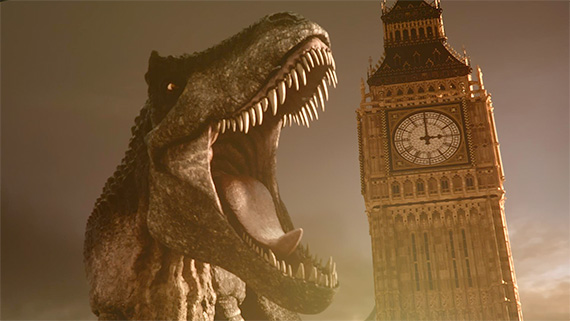 |
|
Get it oooooon. Bang a gooooong. Get it on. |
It’s August 23rd, 2014. Nico and Vinz are at number one with “Am I Wrong,” with Ariana Grande and Iggy Azalea, Cheryl Cole and Tinie Tempah, and Charli XCX and herself also charting. Ed Sheeran tops the album charts. In news, since Time of the Doctor took its bow there’s been an Ebola epidemic, Russia annexed the Crimean Peninsula, there was a military coup in Thailand, and Michael Brown was murdered by police in Ferguson, Missouri, kicking off the Black Lives Matter movement. We’re also in the last month of the campaign for the Scottish independence referendum, which isn’t technically the sort of thing that goes in these sections since it’s just sort of an ongoing thing, but clearly I’m out of practice and anyway it’s kind of relevant. Oh, and a week before this airs some jackass makes a big blog post about how an indie game designer he used to be dating supposedly cheated on him, which really doesn’t seem like it should be the sort of thing that should make a news section but actually serves as a perfect summary for how the news is going to go over the next three years and change.
While on television, Peter Capaldi makes his long-awaited third appearance as the Doctor, just over a year after his announcement. This was not, it should be stressed, an unusually long gap between announcement and first episode. Indeed, the gap was shorter than Smith’s, and looks set to be shorter than Whittaker’s as well. But there was a clear, if slightly ineffable difference between Capaldi’s debut and these others. With both Smith and Whittaker there was a tremendous amount of mystery over what their Doctor would be like—Whittaker because of the obvious gender issues, Smith because he was young, relatively unknown, and working with a new showrunner. But Capaldi was a known quantity—an already well-respected actor who, indeed, already had what would have been a perfectly good career-defining role in Malcolm Tucker. As a result, in addition to the usual excitement and goodwill a new Doctor gets there was an unusual level of expectation as to what Capaldi’s take on the character would be. And the promotion for Series Eight leaned into this, with trailers emphasizing the “where are we going,” “into darkness” and “am I a good man,” “I don’t know” exchanges from Into the Dalek and Moffat talking to Doctor Who Magazine about putting a “Capaldi moment” into every episode in which the Doctor “slightly alarms you.” By any sane accounting, Deep Breath had all the stars aligned – a pleasantly uncompetitive week just before the real heavy hitters of the fall debuted, a receptive audience, and a clear set of marks to hit.
So why, then, is Deep Breath so ostentatiously cautious? This is, after all, the new Doctor story where you could most get away with just storming out of the gate as you mean to go on. Instead, however, Moffat consciously models the story on Robot, letting Capaldi wreck havoc on Smith’s supporting cast for seventy-five minutes.…

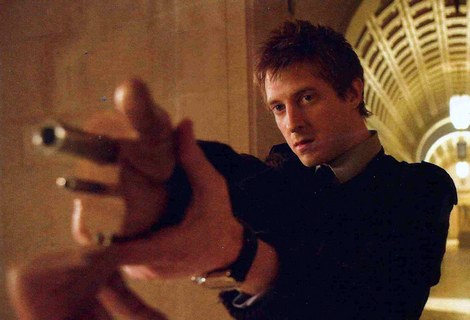 “Pond. Rory Pond.”
“Pond. Rory Pond.”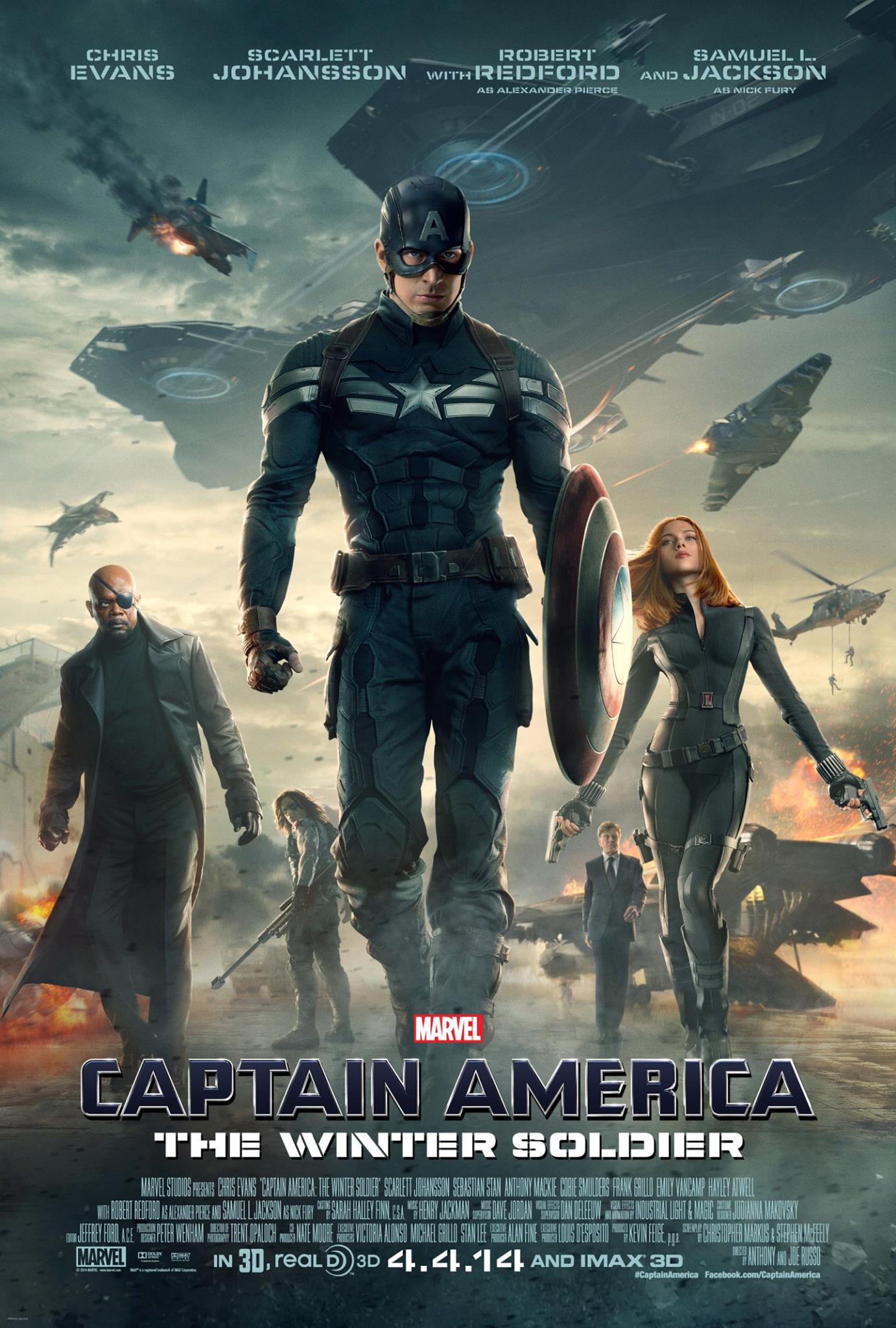 By rights, Moffat should have left. Sure, he’d done a season less than Davies, but it was clearly time. Each of his three seasons had been a step down from the one before, with Series Seven being an openly miserable experience. The Day of the Doctor and Matt Smith’s departure provided an occasion where he could leave on a high. His style had become exceedingly recognizable and recognized, which is the phase right before utter stagnation. It was time to go, and if he didn’t he risked—indeed, given the tenacity of his critics, essentially ensured—that there would be accusations that he stayed too long. But, of course, he didn’t. He retrenched, got a new star and executive producer, and went back to try again. This is the story of how that went, and of what may be Doctor Who’s most unexpected golden age.
By rights, Moffat should have left. Sure, he’d done a season less than Davies, but it was clearly time. Each of his three seasons had been a step down from the one before, with Series Seven being an openly miserable experience. The Day of the Doctor and Matt Smith’s departure provided an occasion where he could leave on a high. His style had become exceedingly recognizable and recognized, which is the phase right before utter stagnation. It was time to go, and if he didn’t he risked—indeed, given the tenacity of his critics, essentially ensured—that there would be accusations that he stayed too long. But, of course, he didn’t. He retrenched, got a new star and executive producer, and went back to try again. This is the story of how that went, and of what may be Doctor Who’s most unexpected golden age.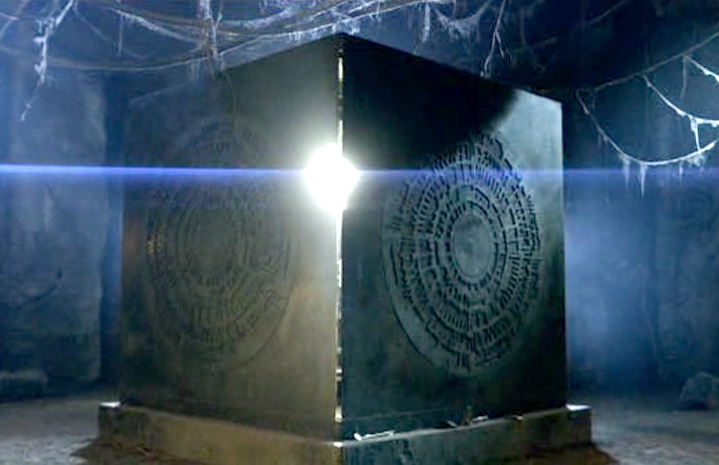 Hello everyone. This week it’s audio time. Again.
Hello everyone. This week it’s audio time. Again.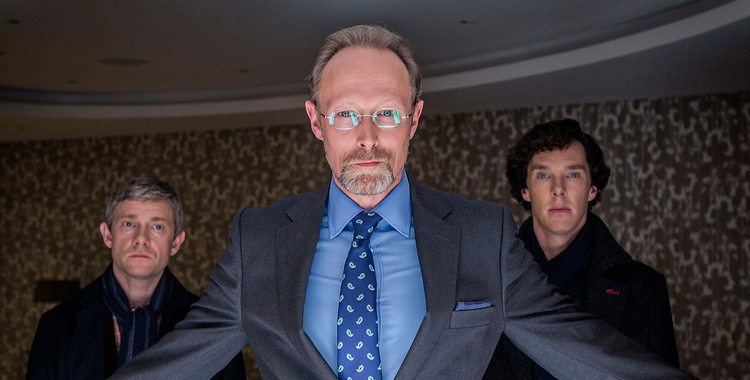 It’s January 12th, 2014. Pharrell Williams is happily at number one, with Beyonce, Eminem, Ellie Goulding, and Pitbull also charting. In news, a cold snap in the US has all fifty states with at least somewhere below freezing, and a chemical leak in West Virginia leaves 300,000 without clean water. In the UK, the death of Mark Duggan, which kicked off riots in the summer of 2011, is ruled to have been lawful, while Keith Wallis pleads guilty for falsely claiming to have heard Andrew Mitchell call some police officers “plebs.”
It’s January 12th, 2014. Pharrell Williams is happily at number one, with Beyonce, Eminem, Ellie Goulding, and Pitbull also charting. In news, a cold snap in the US has all fifty states with at least somewhere below freezing, and a chemical leak in West Virginia leaves 300,000 without clean water. In the UK, the death of Mark Duggan, which kicked off riots in the summer of 2011, is ruled to have been lawful, while Keith Wallis pleads guilty for falsely claiming to have heard Andrew Mitchell call some police officers “plebs.” 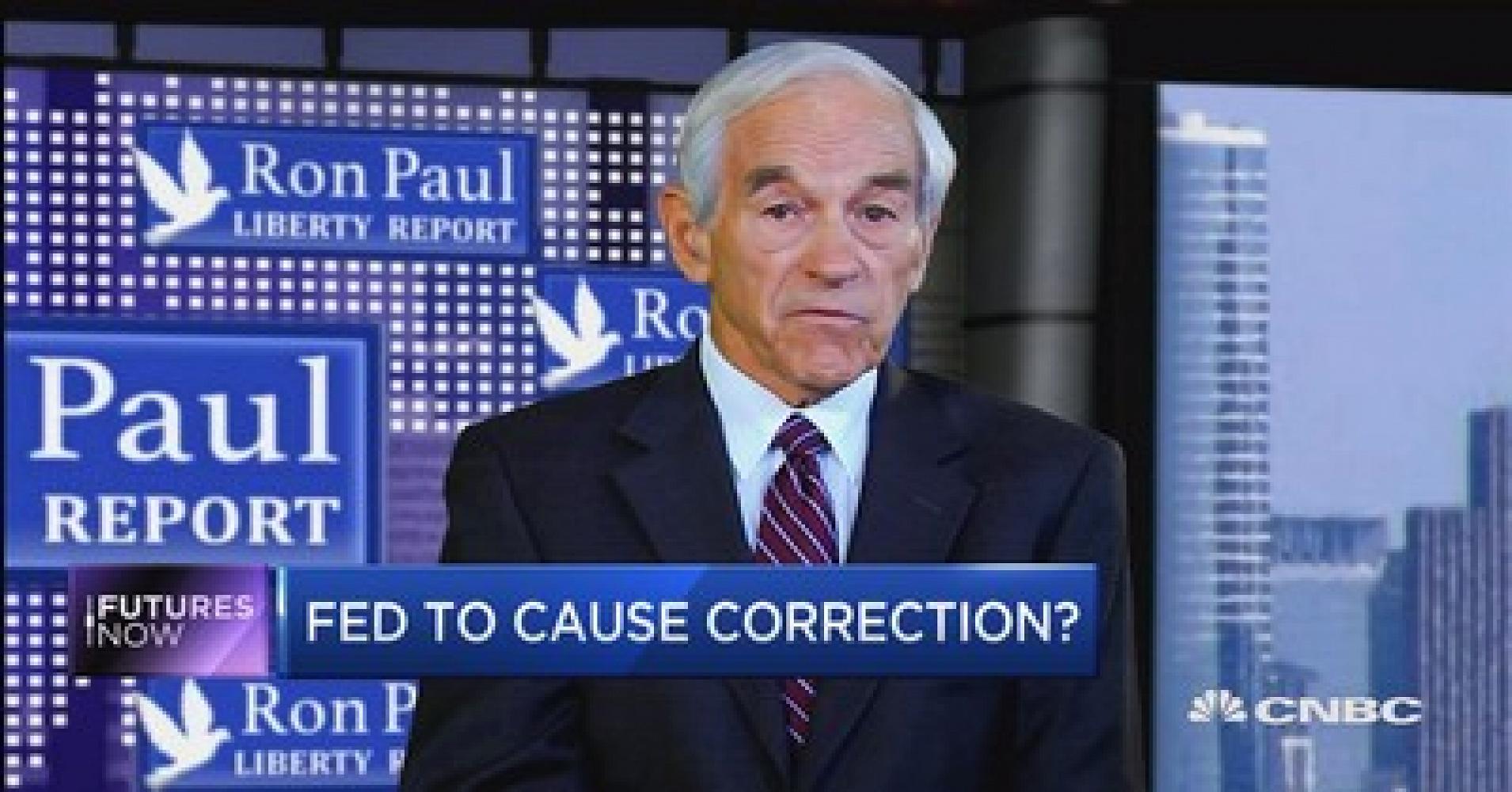 In my opinion, any account of the rise of the alt-right, especially one which emphasizes the role of libertarianism, and thus the distal causal role of the Austrian School of economics, must begin with Ron Paul.
In my opinion, any account of the rise of the alt-right, especially one which emphasizes the role of libertarianism, and thus the distal causal role of the Austrian School of economics, must begin with Ron Paul.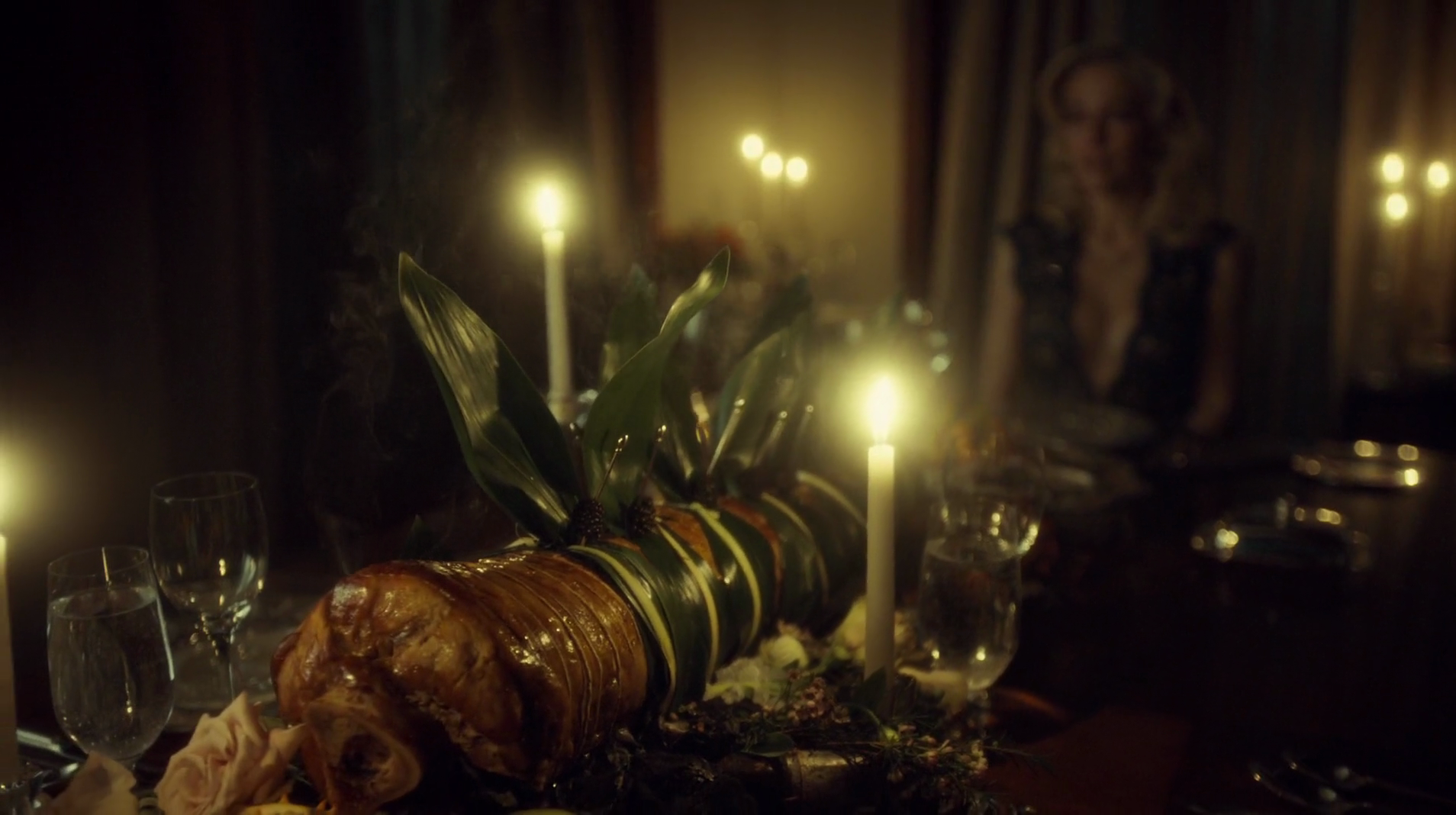 THE WRATH OF THE LAMB: Reframing the title scheme for the back half of the season away from “Blake paintings” and towards “lines from Revelation,” and not entirely honestly. The title drop in the proceeding episode forces single vision, such that it can only refer to Will’s vengeance against Hannibal, although it’s not as though it would have been long on ambiguity without that.
THE WRATH OF THE LAMB: Reframing the title scheme for the back half of the season away from “Blake paintings” and towards “lines from Revelation,” and not entirely honestly. The title drop in the proceeding episode forces single vision, such that it can only refer to Will’s vengeance against Hannibal, although it’s not as though it would have been long on ambiguity without that.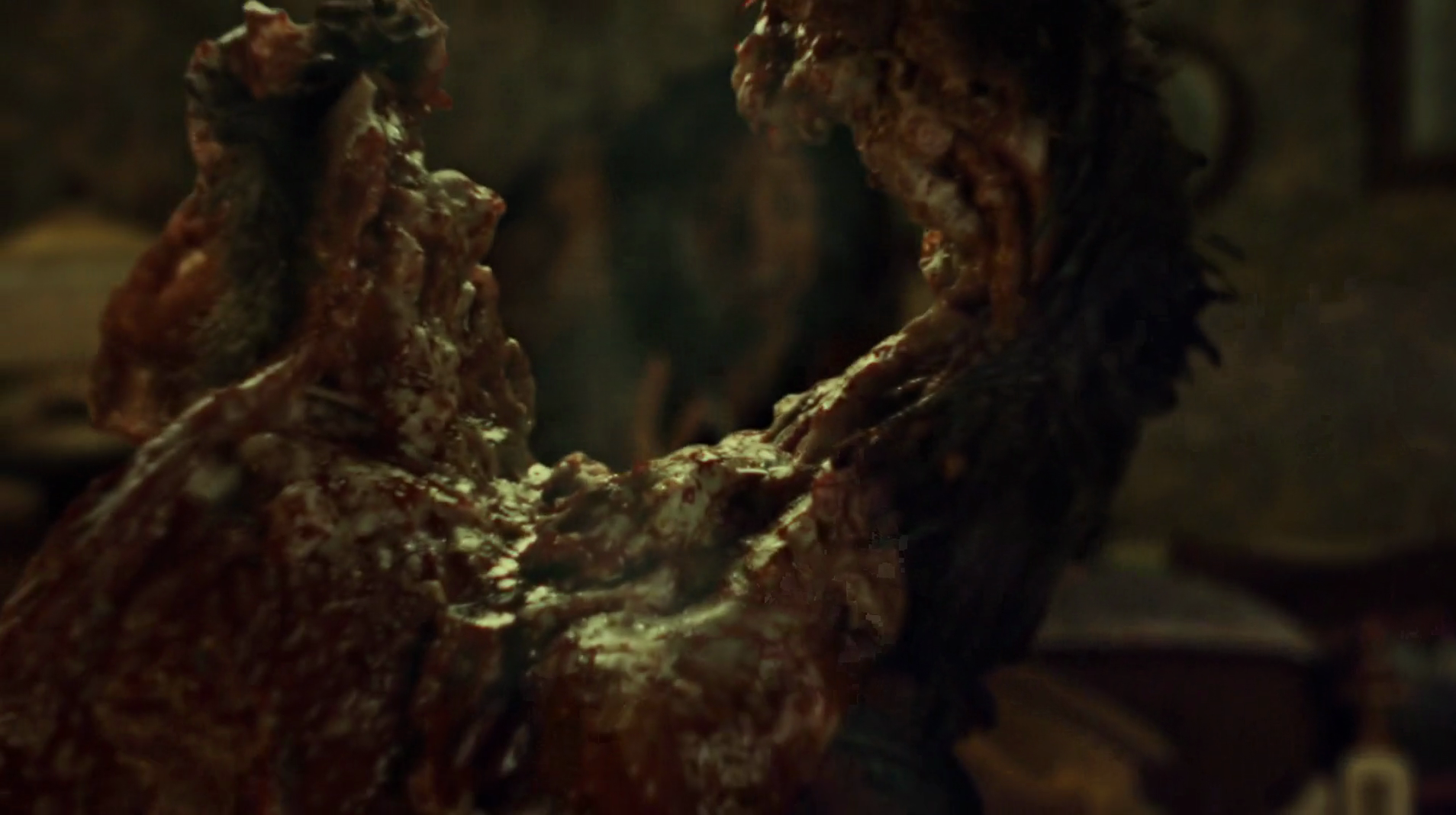
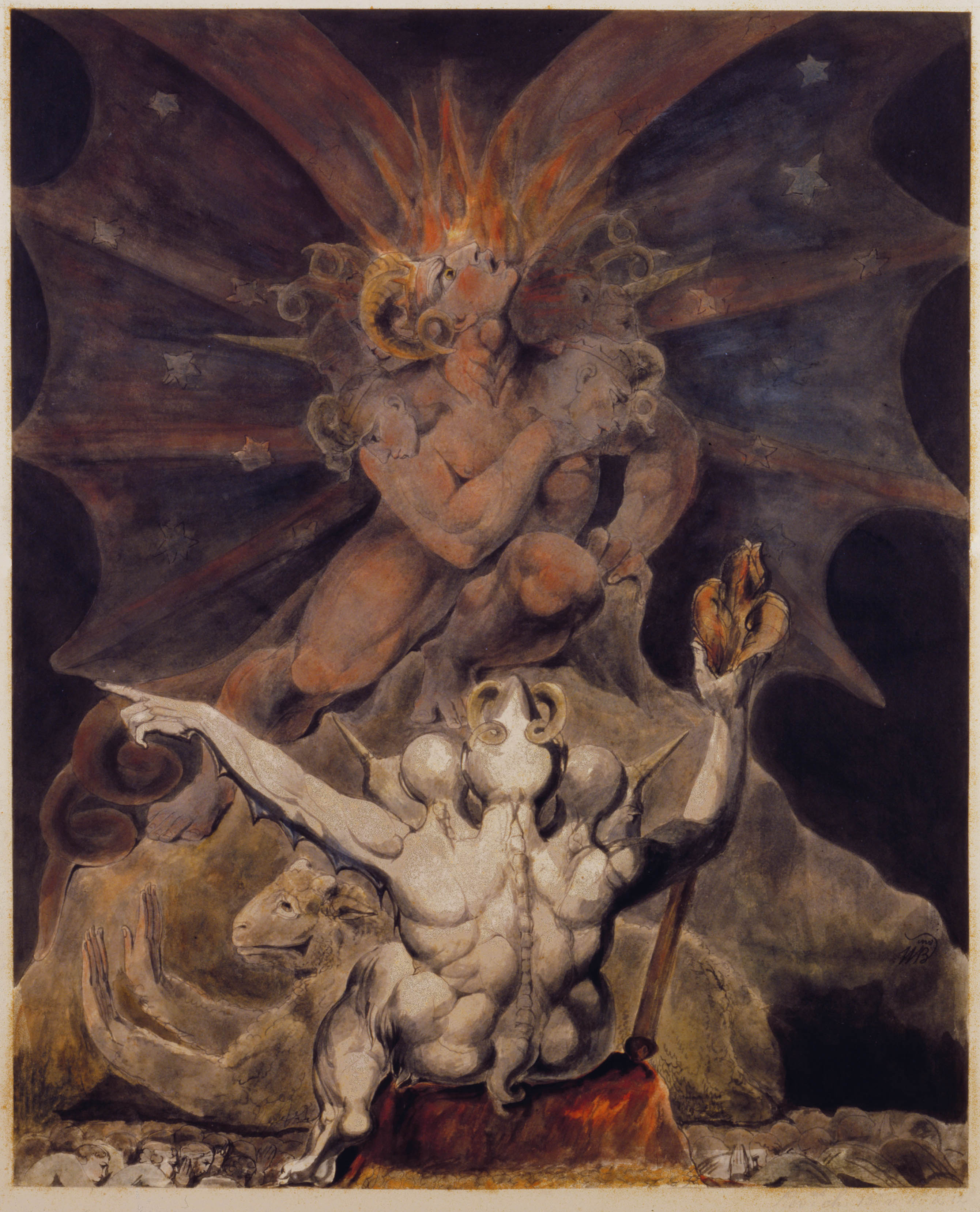 THE NUMBER OF THE BEAST IS 666: Last and in most ways least, it is to “The Great Red Dragon and the Beast from the Sea” what “The Great Red Dragon and the Woman Clothed with the Sun” is to “The Great Red Dragon and the Woman Clothed in Sun”—a drabber and less chilling counterpart. The dragon is in an awkward pose that serves to expose the limitations of Blake’s anatomy, his face flattened in profile in such a way as to lose all animalistic grandeur. It is the one of the paintings to arguably look better when Fuller and company recreate it in “And the Woman Clothed in Sun.” Its one interesting element is the lamb-like figure behind the Beast from the Sea, a point of contrast and dissonance that enlivens the whole.
THE NUMBER OF THE BEAST IS 666: Last and in most ways least, it is to “The Great Red Dragon and the Beast from the Sea” what “The Great Red Dragon and the Woman Clothed with the Sun” is to “The Great Red Dragon and the Woman Clothed in Sun”—a drabber and less chilling counterpart. The dragon is in an awkward pose that serves to expose the limitations of Blake’s anatomy, his face flattened in profile in such a way as to lose all animalistic grandeur. It is the one of the paintings to arguably look better when Fuller and company recreate it in “And the Woman Clothed in Sun.” Its one interesting element is the lamb-like figure behind the Beast from the Sea, a point of contrast and dissonance that enlivens the whole.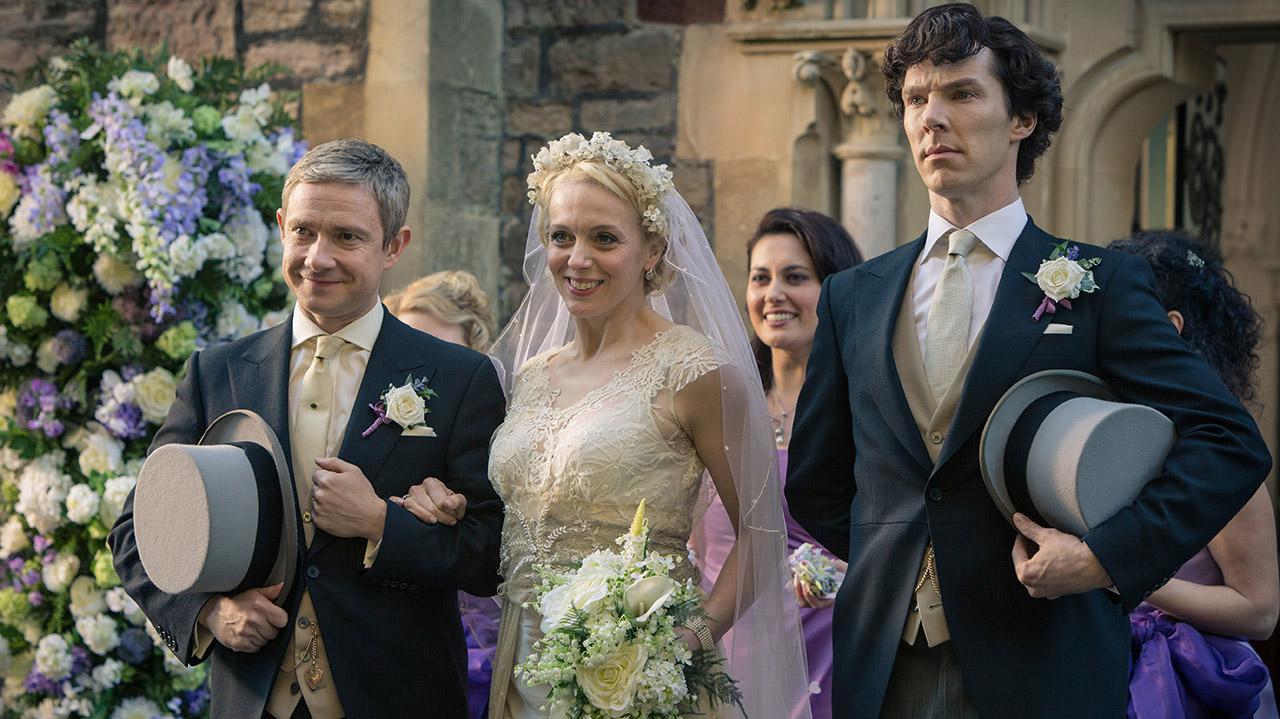 We continue to count down towards the TARDIS Eruditorum relaunch on March 19th with revised versions of some old blog posts on Sherlock. Proverbs of Hell will run its final two installments on Tuesday and Thursday this week.
We continue to count down towards the TARDIS Eruditorum relaunch on March 19th with revised versions of some old blog posts on Sherlock. Proverbs of Hell will run its final two installments on Tuesday and Thursday this week.